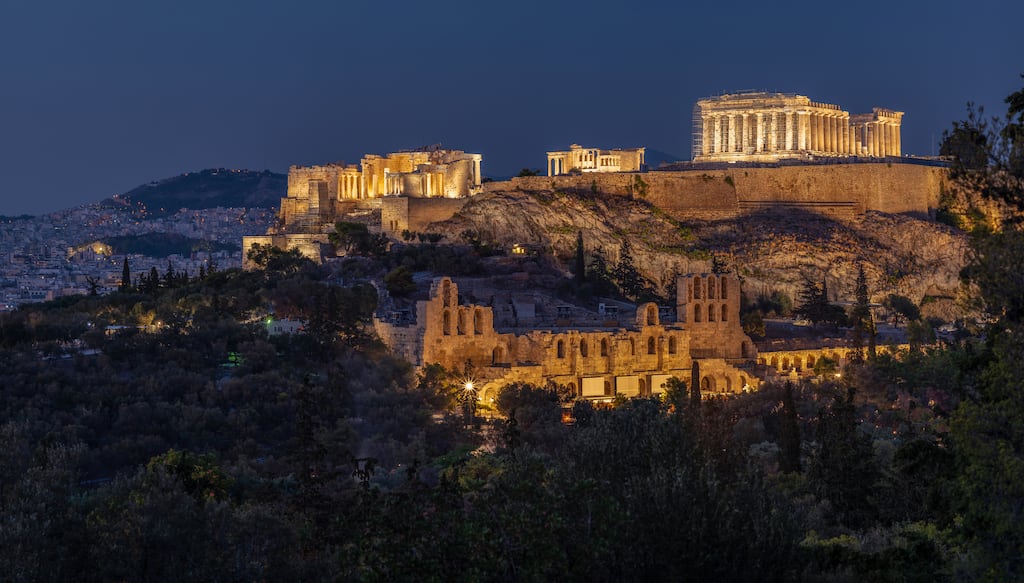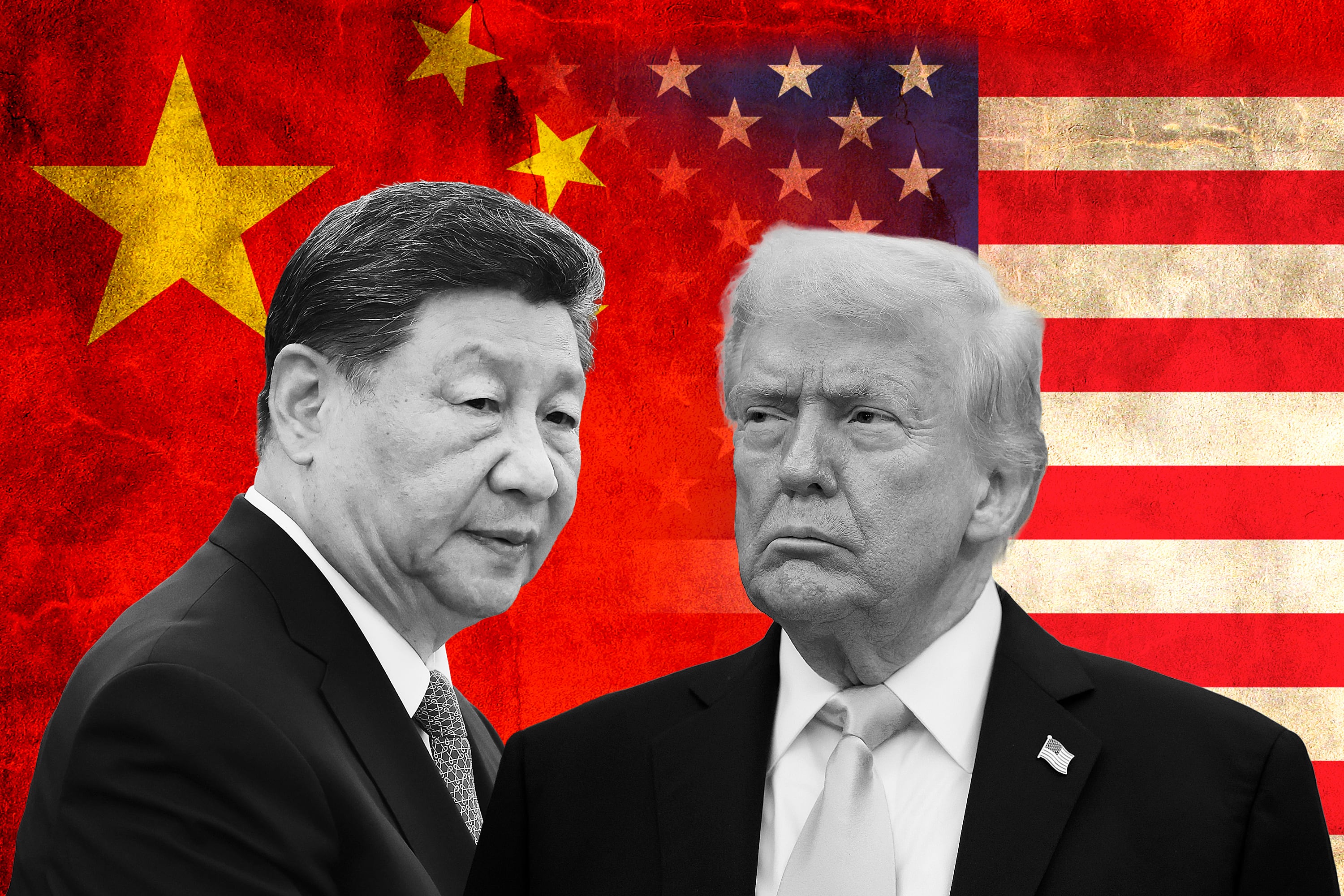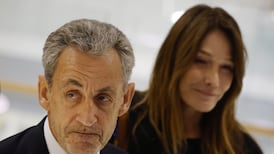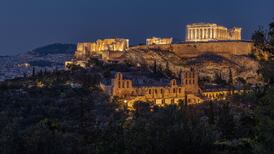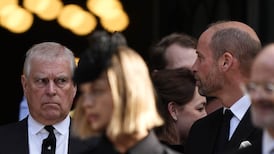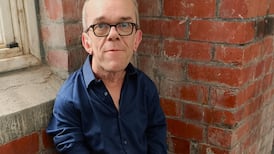Greece recently hosted the Athens Democracy Forum, organised by the UK-based Democracy and Culture Foundation and supported by the New York Times and leading Greek newspaper Kathimerini.
The main theme of this year’s forum was “New Visions for Hard Realities”. It focused on threats and challenges to democracy rather than its opportunities.
“Disaffection” and “hunger for change” were identified as symptoms of a decline in democratic systems and a growth in “political opportunism”.
It’s perhaps ironic that the meeting takes place each year in Athens, where in the fifth century BC the concept of “democracy” – rule by the people – was conceived.
READ MORE
Ironic not least because, since its independence from the Ottoman Empire, Greece has moved increasingly towards the right, with right-wing dictatorships or military juntas in 1925-26, 1936-41 and, within vivid living memory, 1967-74. Successful or attempted coups in 1831, 1843, 1862, 1909, 1916 and 1951 have underlined the fragility of political stability not only in Greece itself but also in the whole Balkan region.
Speakers at the forum included several vice-presidents of the European Union, representatives of the Organisation for Economic Co-operation and Development and the Greek civil service, former Canadian and Arab politicians and commercial organisations such as Google. From Ireland came Art O’Leary, of the Irish Electoral Commission and an expert on constitutional matters.
Topics on the agenda included “AI, ethics and democracy”, “reimagining democracy and public sector leadership”, “rethinking populism”, and “silencing the academy” – a distinct pointer towards Donald Trump’s attempts to censor US universities, including Harvard and Columbia.
Delegates repeatedly spoke of “a world where democracy is in crisis” and suggested that “this is democracy’s existential moment”. It was generally agreed we live in a period of “fundamental change”, due not least to the rise of populism and nationalism and the disaffection of voters.
The predominance of right-wing nationalism in government was noted in Hungary, Italy, the Netherlands and Sweden, with a strong surge towards nationalist parties in France, Germany and in the UK with the rise of Nigel Farage’s Reform UK.
The appeal of such movements to younger voters was particularly noted, with disillusionment with politics as a reason for the rise of charismatic figures in the political climate.
A survey by the Allianz Foundation showed that 25 per cent of the under-40s in the EU are “open to anti-democratic appeals”.
Another speaker said very explicitly that walking away from politics was a clear sign that “people are saying ‘I do not feel represented’ and that the system needs major change”.
Meanwhile, Ivan Krastev, of the Bulgaria-based Centre for Liberal Strategies, argued that Trump’s aggressive strategies had contributed to a new and unpredictable political situation worldwide.
One of the most emphatic speakers was Danilo Türk, a former president of Slovenia who now heads the Club de Madrid, an association of former prime ministers and presidents of democratic states (which includes Mary Robinson, Leo Varadkar, François Hollande of France, George Papandreou of Greece and Alexander Stubb, who was both prime minister and president of Finland).
Türk observed how, with the advent of Trump as US president, the United Nations had been “marginalised”, that the World Health Organisation was “blocked” and that the World Trade Organisation was at a standstill.
The outcome of the forum? The organisers had promoted the idea that “hope” would prevail, but most speakers seemed to express “a eulogy for democracy”, and the main question, answered in the negative, was “Can old-time democracy be revived?”
A week after the forum, the Nobel Peace Prize was awarded not to Trump, as he had wished, but to the leader of Venezuela’s opposition, Maria Corina Machado. The award noted that Machado had “kept the flame of democracy burning amid a growing darkness”.
It thus reflected the overall tone of the Athens Democracy Forum: that democracy is indeed in peril. In Machado’s case, it celebrated someone whose democratic principles and “civilian courage inspiring millions” had led to death threats. The “death of democracy” was certainly something expected by participants at this year’s forum.
One further irony: the forum concluded its business when the Greek government, for the first time in decades, is almost completely without effective opposition.
Stability, represented by prime minister Kyriakos Mitsotakis, seems to be assured. It is, as he consistently argues, vital if Greece is to attract the foreign investment he sees as the way forward.
